Latest Blog Posts
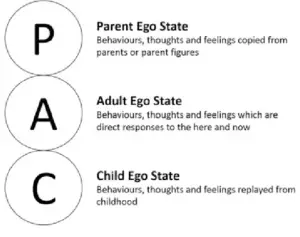
Transactional Analysis
Transactional Analysis was developed by Eric Berne who wrote the popular book ‘Games People Play‘. Ego States Berne posited that each individual possesses three basic ego states – the Parent, Adult, and the Child. These states represent a person’s internal model

Adverse Childhood Experiences
Adverse Childhood Experiences A study was published in 1998 as a collaboration between the Centres for Disease Control and Prevention (CDC) and Kaiser Permanente (a health care service provider) and was one of the first studies to look at the relationship
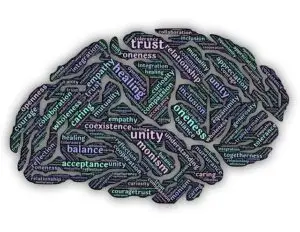
CBT
CBT is Cognitive Behavioural Therapy. CBT theory suggests that our thoughts, emotions, body sensations, and behaviour are all connected, and that what we think and do affects the way we feel. It deals with identifying a client’s negative belief systems and
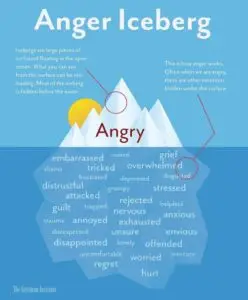
The Anger Iceberg
The Anger Iceberg reminds us that when we are feeling angry we are often protecting ourselves from other emotions. Anger is a useful tool as it is full of energy which helps us to act and it keeps others away from
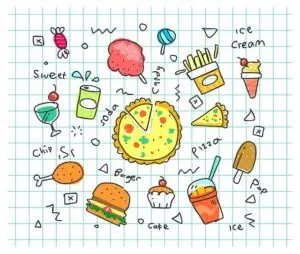
Body Image and Binge Eating
What is Binge Eating? Binge eating can be defined as episodes of overly excessive and rapid eating in a short period of time which are accompanied by a sense of a lack of control. This results in distress. There can be

The Fear of Abandonment
What is the Fear of Abandonment? A fear of abandonment is a deep-seated fear of being left by people that you are close to. This fear affects your thoughts and behaviours. It can be rooted in childhood from physical or emotional

Defence Mechanisms
There are many types of defence mechanisms which we utilise when feeling the need to protect ourselves. There are primitive and sophisticated methods of defence for the psyche. Some are so well hidden from our conscious mind we may have no
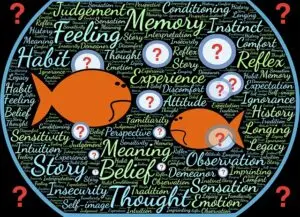
Why Some People Do Not Know They Have Trauma
We learn to defend ourselves from the world at a very young age. These defences become ingrained and we think they are parts of our personalities. We may often dismiss our defences as ‘that’s just me.’ Defences are ingenious as they
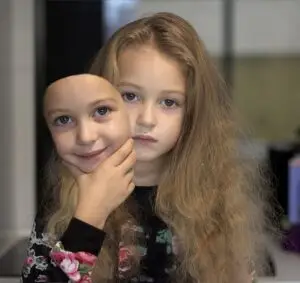
Chronic People Pleasing
People pleasers put others before themselves and consider their own needs last, if at all. Often, children are not permitted to be themselves, perhaps their parents are abusive or just do not accept their child for who they are. This results


